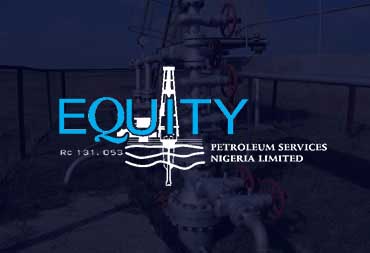Royal Dutch Shell Plc deepened the disappointment of Big Oil’s fourth quarter, reporting net income that fell short of expectations and weak cash flow.
The company added to the evidence from its peers that much of the industry is still living beyond its means, even after large cuts to dividends and spending. Oil prices have recovered from last year’s lows — rising to a one-year high this week — but Covid-19 lockdowns in countries around the world are still depressing fuel sales and refining margins.
The weakness of Shell’s cash flow meant net debt rose from the prior quarter, but the company reiterated its commitment to growing the dividend again, saying its dollar payout for the first quarter will increase by about 4%.
“This was a very tough year, let’s be honest, and a very painful year,” Chief Executive Officer Ben van Beurden said in an interview with Bloomberg TV.
The company’s earnings broke a chain of quarter-on-quarter improvements as the oil industry slowly emerged from the deep slump caused by the coronavirus pandemic. The gains from trading oil and gas that boosted earnings earlier in 2020 were largely absent. Exxon Mobil Corp., Chevron Corp. and BP Plc have all reported weak earnings. Total SE is scheduled to announce next week.
Shell’s B shares rose 0.3% to 1,276.40 pence at 9:18 a.m. in London, as crude and other equities moved higher.
Shell ends the year with a ratio of net debt to equity, or gearing, of 32.2%, which is outside comfort levels. Return on capital employed was just 2.9%, well below the double-digits promised by Van Beurden. And free cash flow of $882 million wasn’t even close to covering the $1.3 billion dividend payout even after sharp reductions in the company’s capital expenditure.
Fourth-quarter adjusted net income was $393 million, down from $2.93 billion a year earlier and $955 million in the preceding three months. That fell short of the average analyst estimate of $655 million. Cash flow from operations was $6.29 billion, down sharply from $10.4 billion in the third quarter.
Net debt rose to $75.4 billion from $73.5 billion at the end of the third quarter. The figure is a key metric for investors because Shell has promised further dividend growth and share buybacks once liabilities fall to $65 billion. In the interview with Bloomberg TV, Van Beurden refused to guide on when that target would be reached.
Bringing net debt back down will “still take priority over buybacks until we are well into 2022,” Citigroup Inc. analyst Alastair Syme said.
There were some positive signs. Shell’s chemicals division did better in the fourth quarter, with higher margins showing that the global manufacturing cycle has turned around. The unit’s $381 million in adjusted earnings was higher than the preceding quarter.
Source: Bloomberg

